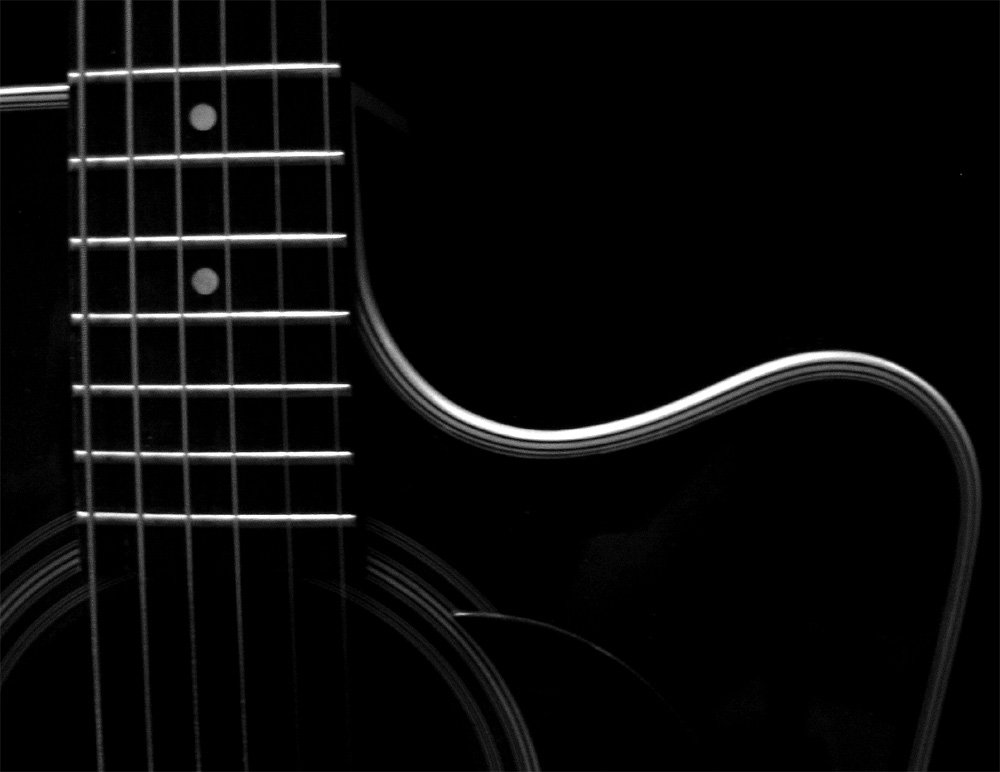Riding The Enjoyment Scale
by Dan Bunker
One of my favorite hobbies is playing guitar and music. In fact I actually started college as a jazz guitar major and considered pursuing a music career at one point. Over the years I've had the chance to teach many students guitar and bass. I've noticed a few trends with guitar students. The vast majority ended up quitting long before they reached becoming intermediate to advanced players.
I've seen a lot of common tendencies with students learning any kind of skill. Whether it's learning basketball, cooking or coding, many students tend to give up long before they reach any kind of pro status. So without further ado, I've come up with the enjoyment scale to explain the process of how we learn things.

The Enjoyment Scale
This scale shows how most people feel over time as they begin to learn something new all the way to becoming an expert at that skill.
The left side of the graph represents how much you are enjoying learning and working with a certain skill set. The bottom of the graph represents how long you've been working with a skill.
Explanation
- When people start learning something new, they are excited about it and can't wait to get started. This is represented at the start of the graph on the left hand side. For most, the enjoyment, excitement and passion for this new skill will be quite high.
- There is a breif period where enjoyment actually increases as someone starts working or learning something. I call this brief rise in the graph the honeymoon phase. The newness still makes things exciting.
- Once things get a little harder with the skill you are learning and the newness wares off, this point begins the sometimes long and slow descrease in one's enjoyment.
- The decrese in enjoyment usually reaches a low point and the student has to make one of two choices. Give up and quit or continue through the difficulties until the skill starts to become easier and second nature.
- As your skill increases, the student becomes better and better at the skill. This starts to reverse the decrease in enjoyment and the student starts to enjoy the skill again. You get better at something, you start to enjoy it more. You start to enjoy it more, it makes you want to get better at it.
- As you become a pro, your enjoyment begins to match your skill level.
Adding Skill Level to the Graph
There is a small correlation of skill level with the enjoyment level. Check out the red graph line below.
When you first start out doing something new, you start the infamous learning curve. This makes your enjoyment go up slightly until things start to get hard. When you are learning the guitar, this is the point where you have to take things to the next step. Basic chords and strumming got you through the beginning stage of guitar and now you have to continue practicing daily and begin to learn harder things like music theory and scales.
The Intermediate Dropouts
In the middle of the graph is where you start to plateau with your skill level. This also happens to be close to your low point of enjoyment with your skill. This combination is the perfect time to quit. Things are hard and you aren't enjoying the skill. Why keep going?
This is where the pros are seperated from the average intermediates. If you want to get to the next step, you have to dig deep and embrace the hard.
The Hard Truth of Expertise
It would be nice to push the easy button and jump to pro level. This isn't how it works though. Here's what you have to do to start climbing up the backside of the enjoyment scale.
- Do the no-fun, hard tasks. Don't put this off. Learn to tackle these difficult tasks as a game. Challenge yourself to learn the hard, boring or difficult tasks. See if you can accomplish the task in a certain amount of time or setup a friendly wager with a friend to see who can complete the task first.
- Spend time every single day working on your skill. This is a must to push through your intermediate plataeu. When you aren't enjoying your task, this simple step of doing just one thing every day will help push you past the enjoyment slump and skill plateau.
- Finally, to get good at anything, you have to spend the time working at it. Turn off the TV, stop playing that game on your phone and get to work!